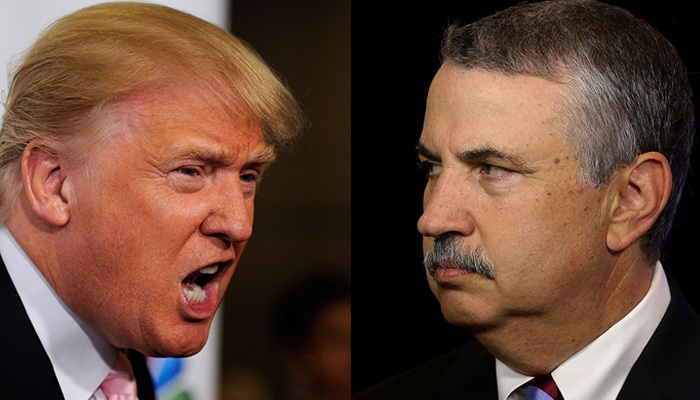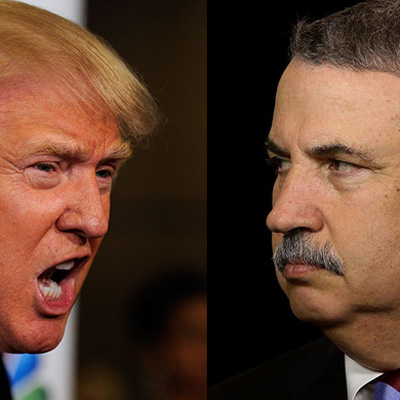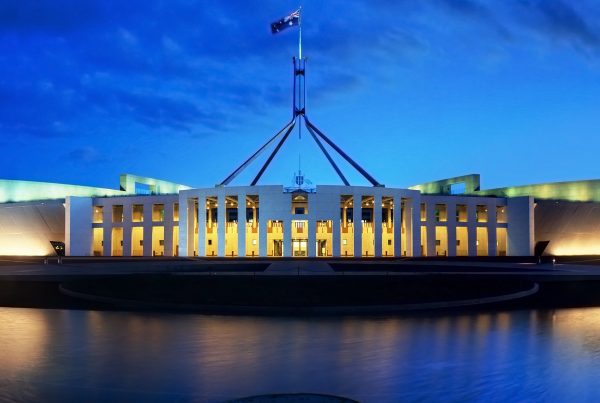 I understand that divisive politics, such as we have in Australia, US and UK, aided by clever public relations, and the pressure of the news cycle and Twitter, has led politicians to resort to the drama of the clever one-liner.
I understand that divisive politics, such as we have in Australia, US and UK, aided by clever public relations, and the pressure of the news cycle and Twitter, has led politicians to resort to the drama of the clever one-liner.
But statements similar to these imply simple solutions to unfathomably complex problems:
- We need to stop fossil fuels now
- The solution to illegal immigration is stopping the boats
- Live exports are cruel, so they must stop
- US-style democracy is the solution in the Middle East
- The root cause of terrorism is Islam
- Obama is right and Putin is wrong about the Syrian solution
- Twitter is destructive because it has forced us into using one-liners
- PR is ‘spinning’
The skill for Leaders and Public Relations
When charged with actually solving a problem, there are often layers of complexity, some deeply hidden.
I think the skill of a leader (and a public relations person) is to quickly and accurately unpeel the onion, and then know how to persuade others.
That’s why, in Australian politics, I prefer Turnbull’s approach to Abbott’s.
It’s also why, when considering the ISIS issue, I much prefer Thomas Friedman’s analysis (below) over Donald Trump’s (ban all Muslims from entering the US).
http://www.nytimes.com/2015/12/09/opinion/you-aint-no-american-bro.html
“…that old saying: “If you’re in a poker game and you don’t know who the sucker is, it’s probably you.” That’s the game we’re in in Iraq and Syria. All our allies for a coalition to take down ISIS want what we want, but as their second choice.
“Kurds are not going to die to liberate Mosul from ISIS in order to hand it over to a Shiite-led government in Baghdad; they’ll want to keep it. The Turks primarily want to block the Kurds. The Iranians want ISIS crushed, but worry that if moderate Sunnis take over its territory they could one day threaten Iran’s allies in Iraq and Syria. The Saudi government would like ISIS to disappear, but its priority right now is crushing Iranian-backed rebels in Yemen. And with 1,000 Saudi youth having joined ISIS as fighters — and with Saudi Arabia leading the world in pro-ISIS tweets, according to a recent Brookings study — the Saudi government is wary about leading the anti-ISIS fight. The Russians pretend to fight ISIS, but they are really in Syria to protect Bashar al-Assad and defeat his moderate foes…”
The point? I think that as the world moves towards snack-able content it’s a danger if more people start to think and analyse that way.





